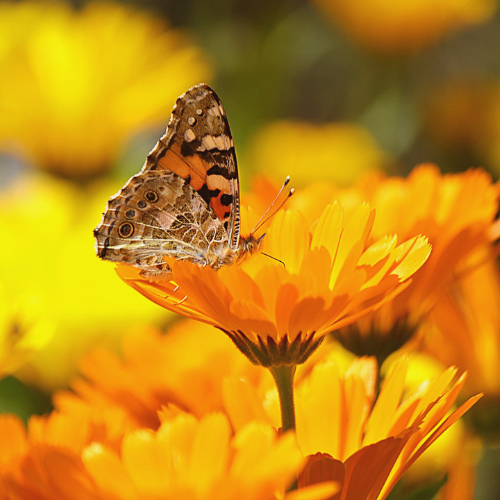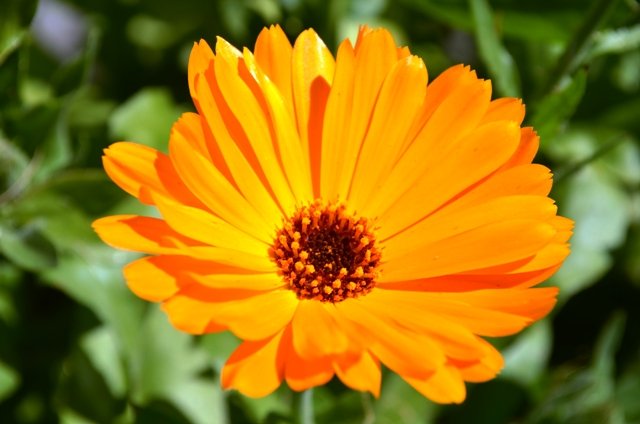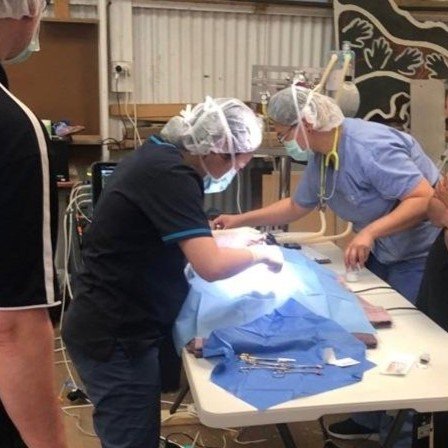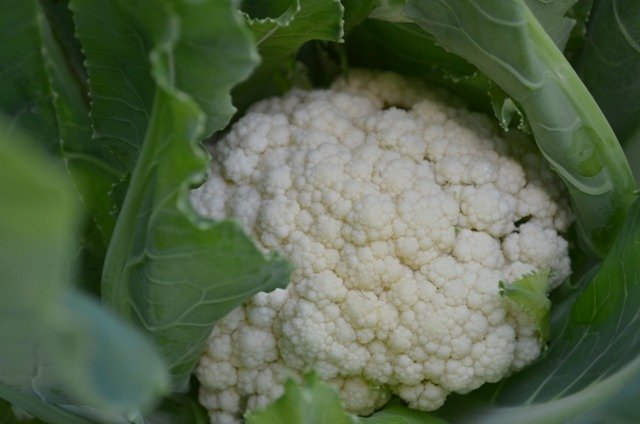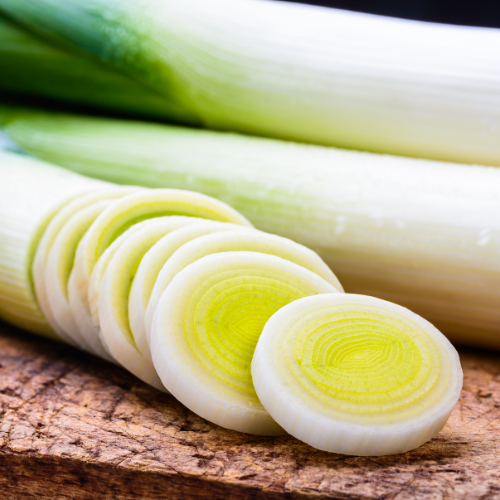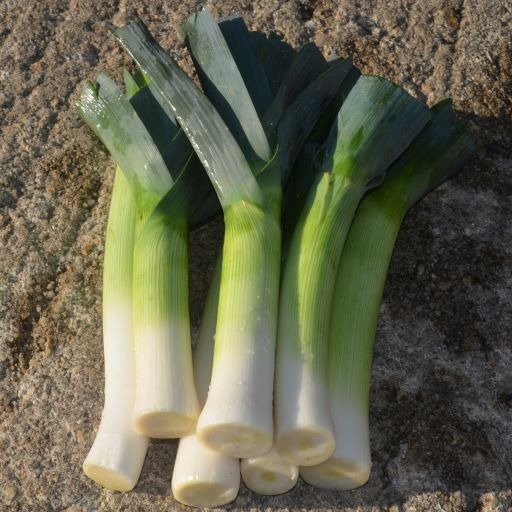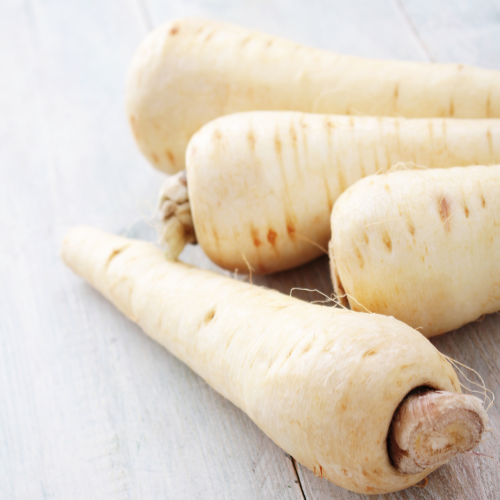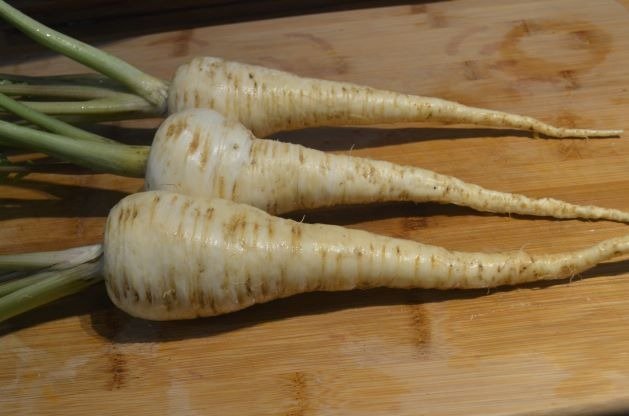-
Sow seed directly into well prepared soil from March until June. Rake over lightly and keep watered if necessary.
Alternatively sow in good organic compost singly in small pots and transplant when the plants are large enough at a distance of 30 cm apart.
-
Flower May to September.
-
100 seeds
-
Tamar Organics are on a mission to encourage people to grow at least some of their own food and to do it organically.
Organic growing helps to protect the environment, improves soil and encourages biodiversity. Using organic seeds means that you are supporting organic farmers and acres and acres of land under organic management.
Tamar Organics started as a small organic market garden in 1994. They have been registered as producers with the soil association since that time. They added their processor license in 2000 when they became one of the first UK companies to offer organic seeds.
They are inspected every year by the Soil Association, and the plant health seed inspectorate. They participate in the GMO audit. They do not support the development of genetically modified seeds and none of Their seeds are GMs.

